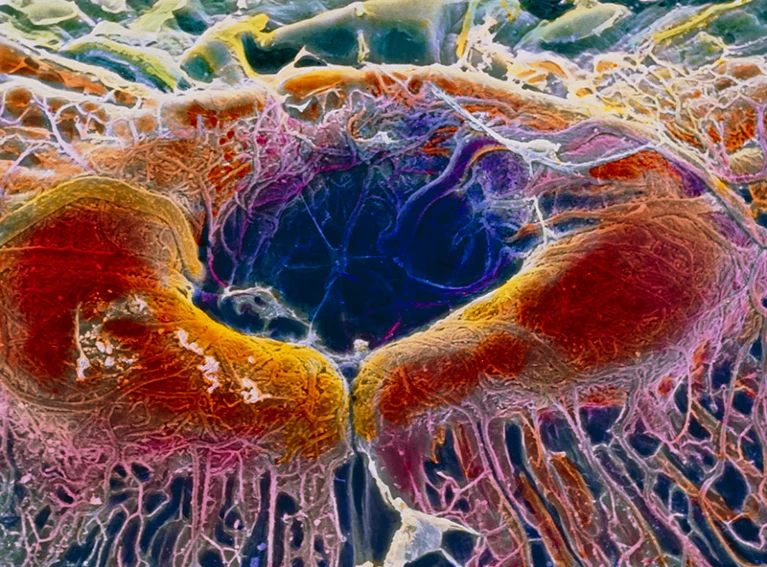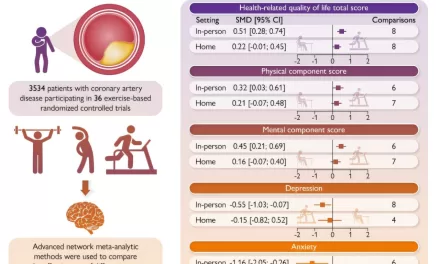Recently, Sir Elton John revealed on ABC’s Good Morning America that he lost sight in his right eye due to an infection. With compromised vision in his left eye as well, John described the profound impact of his condition, stating, “It’s been four months now since I haven’t been able to see.”
While most eye infections, such as conjunctivitis, are not usually sight-threatening and often resolve without treatment, John’s experience highlights the importance of understanding, preventing, and addressing more severe conditions.
Common Eye Infections
Conjunctivitis, or pink eye, is the most frequently encountered eye infection. It causes redness, irritation, and, depending on the type, varying degrees of discharge.
- Viral conjunctivitis is the most common form, presenting with watery or mucous discharge and a gritty sensation. Cooling compresses and proper eyelid hygiene can alleviate discomfort during recovery.
- Bacterial conjunctivitis often causes thick yellow or green discharge that crusts on the eyelids. While it typically resolves in one to two weeks, antibiotic eye drops can speed up recovery.
- Allergic conjunctivitis accompanies hay fever in many cases, causing itchy, pink eyes. Antihistamine drops or tablets are effective treatments.
Less common causes of conjunctivitis, such as sexually transmitted infections like chlamydia and gonorrhea, require prompt medical attention due to their severity and potential complications.
Serious Eye Conditions
More serious infections, while rare, can lead to significant vision loss if untreated.
- Orbital cellulitis: This infection affects the tissues around the eye, often following a sinus infection. Symptoms include swelling, redness, fever, double vision, and potential vision loss. It demands immediate medical intervention.
- Endophthalmitis: An infection inside the eye that can occur after surgery, injury, or severe corneal infections. Persistent pain or worsening symptoms after eye procedures are red flags requiring urgent care.
- Keratitis: Inflammation of the cornea, sometimes due to contact lens misuse or exposure to contaminated water. Preventative measures include maintaining strict lens hygiene and avoiding swimming with lenses.
Prevention Tips
Good hygiene practices are essential to prevent eye infections:
- Handwashing: Clean your hands frequently and avoid touching your eyes.
- Personal care: Don’t share towels, makeup, or other personal items.
- Contact lens care: Follow proper cleaning protocols and avoid overwearing lenses. Remove them before swimming or using hot tubs.
- Discard used materials: Dispose of wipes used for cleaning your eyes to prevent spreading germs.
For allergic or mild infections, artificial tears, antihistamines, and gentle eyelid hygiene can offer relief. However, any unexplained vision changes, pain, swelling, or associated symptoms such as headaches or fever require immediate medical attention.
When to Seek Help
Elton John’s experience serves as a reminder to take eye infections seriously. While many are harmless, untreated or severe infections can lead to irreversible damage. If you notice unusual symptoms or worsening pain, consult a healthcare professional promptly.
Protecting your eyes with good hygiene and timely care can ensure your vision remains clear and healthy for years to come.












